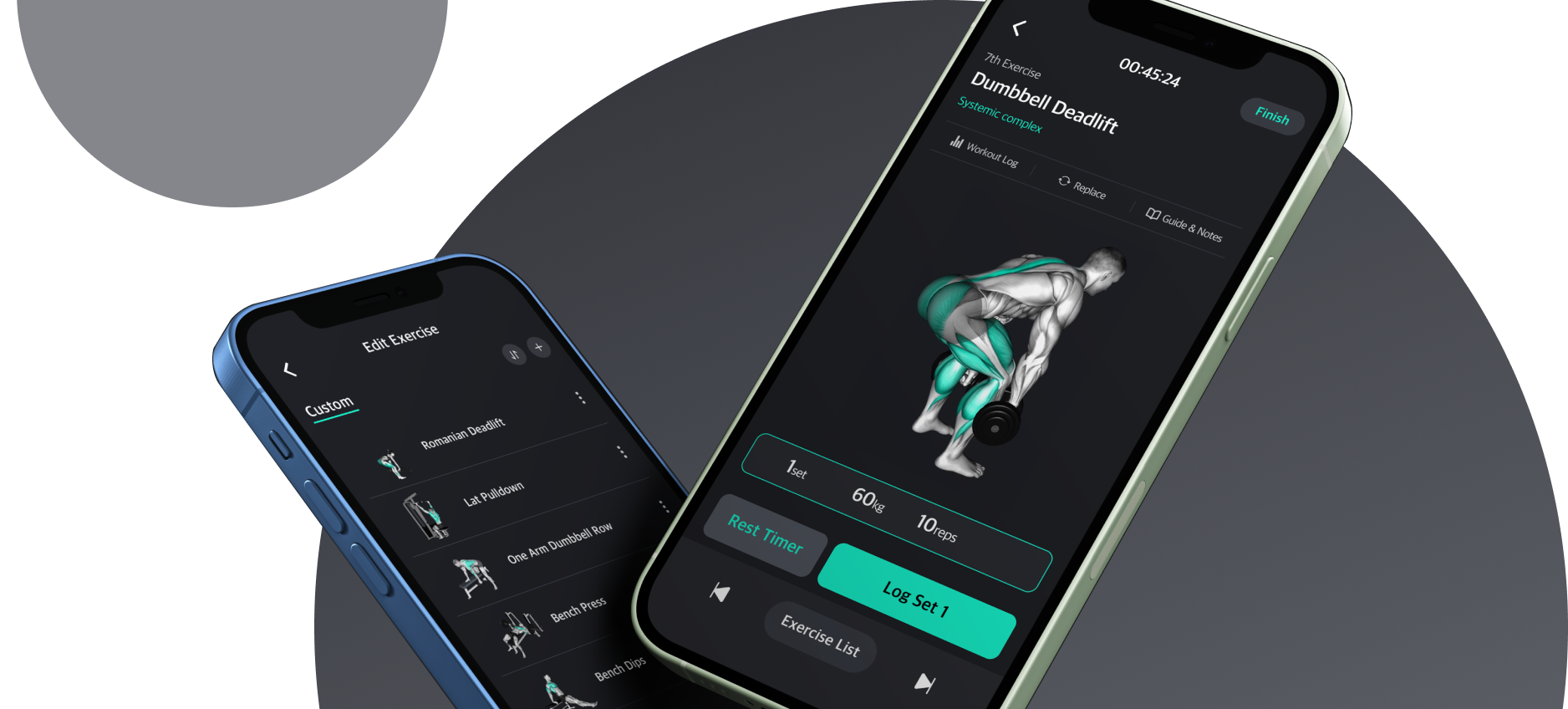Leg curl vs V Squat
Maximizing Your Leg Workout Plan
Dec 13, 2025Contents
Can't decide between Leg curl and V Squat for your chest workout? Trying to figure out which is better or when to do each for the best results?
Customize Your Leg Workout: Explore the Benefits of Leg curl and V Squat for Better Comparison.
Planfit Users' Choice about Leg curl vs V Squat : Which is Better?
Based on randomly selected data from 1 million completed workouts, Planfit users seem to prefer Leg curl with a total of 39860 compared to 5125 for V Squat
However, this is just a matter of preference for the majority. If you are wondering which of the two exercises to do right away, please read the text below. Compare the pros and cons of each exercise and choose the one that suits you better to proceed with.
How to Leg curl
Leg curl muscles worked: Leg
Form
- 1. Keeping your back flat on the machine, slowly curl the lever up with your feet until your feet are pointing towards the ceiling.
- 2. Hold this position for a moment, then slowly lower the lever back to the starting position.
- 3. Repeat the motion for the desired number of repetitions.
Coach's Comment
- 1. Make sure to keep your back flat on the machine and your hips pressed against the back pad throughout the exercise.
- 2. Do not curl the lever too quickly or jerk it up and down. Move the lever in a controlled manner.
- 3. Do not lift with your lower back or hips. The movement should be coming from your feet.
- 4. Do not lock your knees at the end of the movement.
If you want to know a detailed guide to Leg curl, alternative exercises, and its benefits, check it out here. Check out the Leg curl Guide page of our blog!
How to V Squat
V Squat muscles worked: Leg
Form
- 1. Inhale as you bend your knees and lower your body down into a squat, keeping your back straight and your chest lifted.
- 2. Lower your body down until your thighs are parallel to the ground or until you feel a comfortable stretch in your quadriceps.
- 3. Exhale as you push through your heels and straighten your legs to return to the starting position.
- 4. Keep your back straight throughout the movement and avoid rounding your spine.
Coach's Comment
- 1. Start with a lighter weight and focus on proper form before gradually increasing the weight.
- 2. Avoid locking your knees at the top of the movement, as this can put unnecessary stress on your joints. Keep a slight bend in your knees at all times.
- 3. Avoid leaning forward or rounding your spine during the exercise, as this can put unnecessary stress on your lower back. Keep your back straight and your chest lifted.
- 4. If you experience any pain or discomfort, stop the exercise and seek advice from a certified personal trainer or medical professional.
- 5. Make sure to adjust the footplate height to match your range of motion and comfort level, as well as the handles to a comfortable height. Remember to keep your entire feet on the footplate and avoid lifting your heels up off the plate.
If you want to know a detailed guide to V Squat, alternative exercises, and its benefits, check it out here. Check out the V Squat Guide page of our blog!
Get free AI personalized workout plan
Choosing exercises that align with your goals and body type is as important as consistency in your workout regime. Its about smart training that targets your specific fitness aspirations.
To create a routine that incorporates the right exercises for you, explore our [workout generator] It's a straightforward way to customize a workout plan to meet your unique needs and objectives, ensuring every effort contributes to your fitness journey.

